The end of an era: Russia after Swiss watchmakers said goodbye
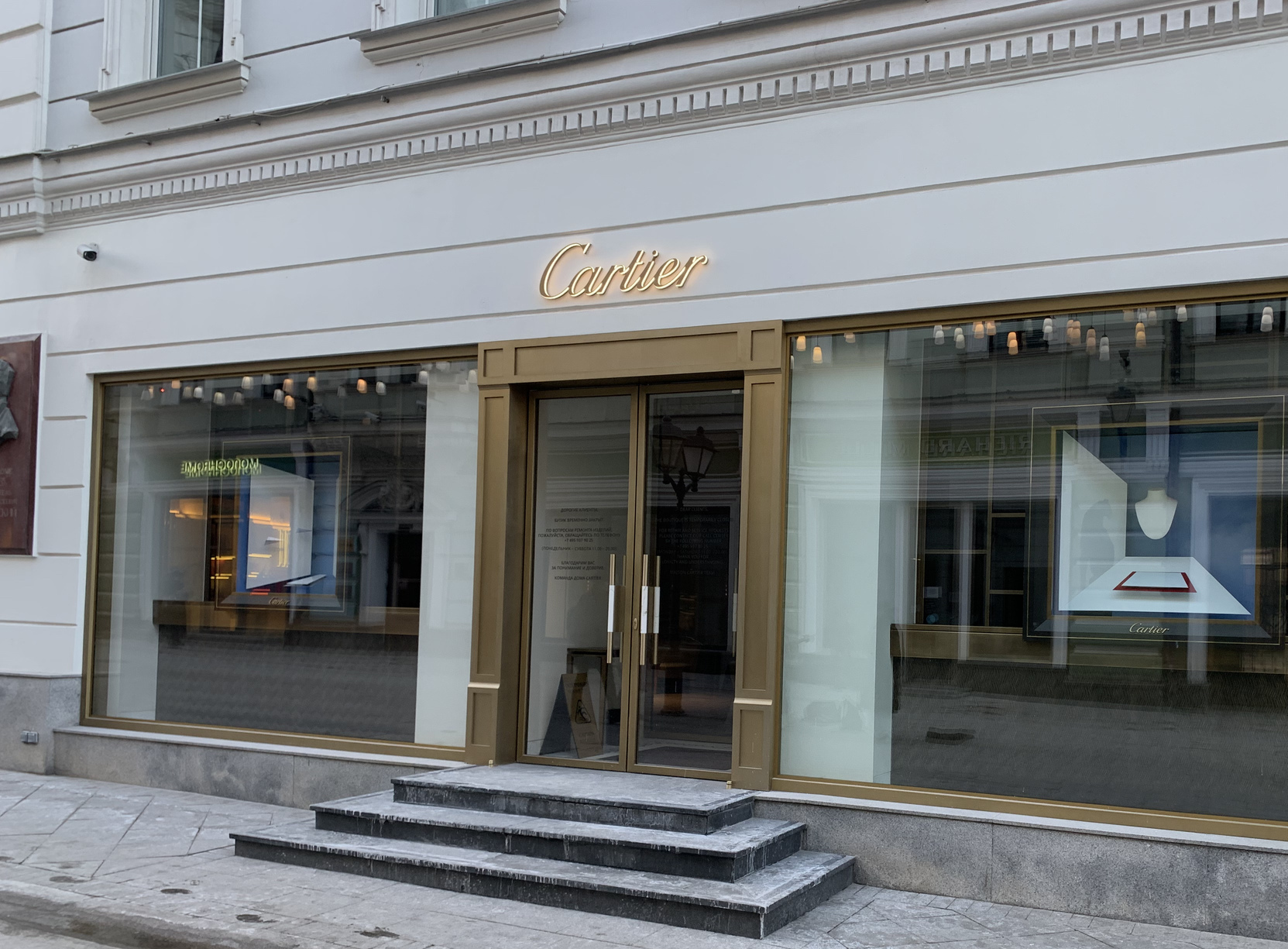
The luxury watch market in Russia has crumpled following the departure of Swiss brands in the wake of war in Ukraine. The consequences for social and cultural life in Moscow are far-reaching.
Not long after war began in Ukraine last February, Swiss watch companies halted commercial activities in Russia. Shops have closed, imports of new models into the country have come to a stop, and retailers have sharply increased their prices. Not only has it become impossible to buy new luxury watches directly from the manufacturer, but the departure of the top brands is bound to have a negative impact on the Russian luxury market.
In retaliation for the halt in Swiss watch exports to Russia, the Russian authorities confiscated watches worth several million dollars from the premises of Audemars Piguet in Moscow in March. Audemars Piguet had closed its two boutiques in Moscow and suspended exports to Russia on February 24.
A look at facts and figures gives an idea of the extent of the upheaval underway. Swatch Group opened an office in Moscow in 2006; the Richemont group did the same a year later. Before that, the watch market was represented solely by retailers. The arrival of the big watch companies took business to a whole new level: boutiques and in-house services sprang up; limited editions were issued to celebrate particular events; brand ambassadors, owners and CEOs dropped by for visits.
Until recently, virtually all Swiss watch brands, whether they belonged to corporations or independent makers, were represented in Russia – either through retailers or with a presence of their own.
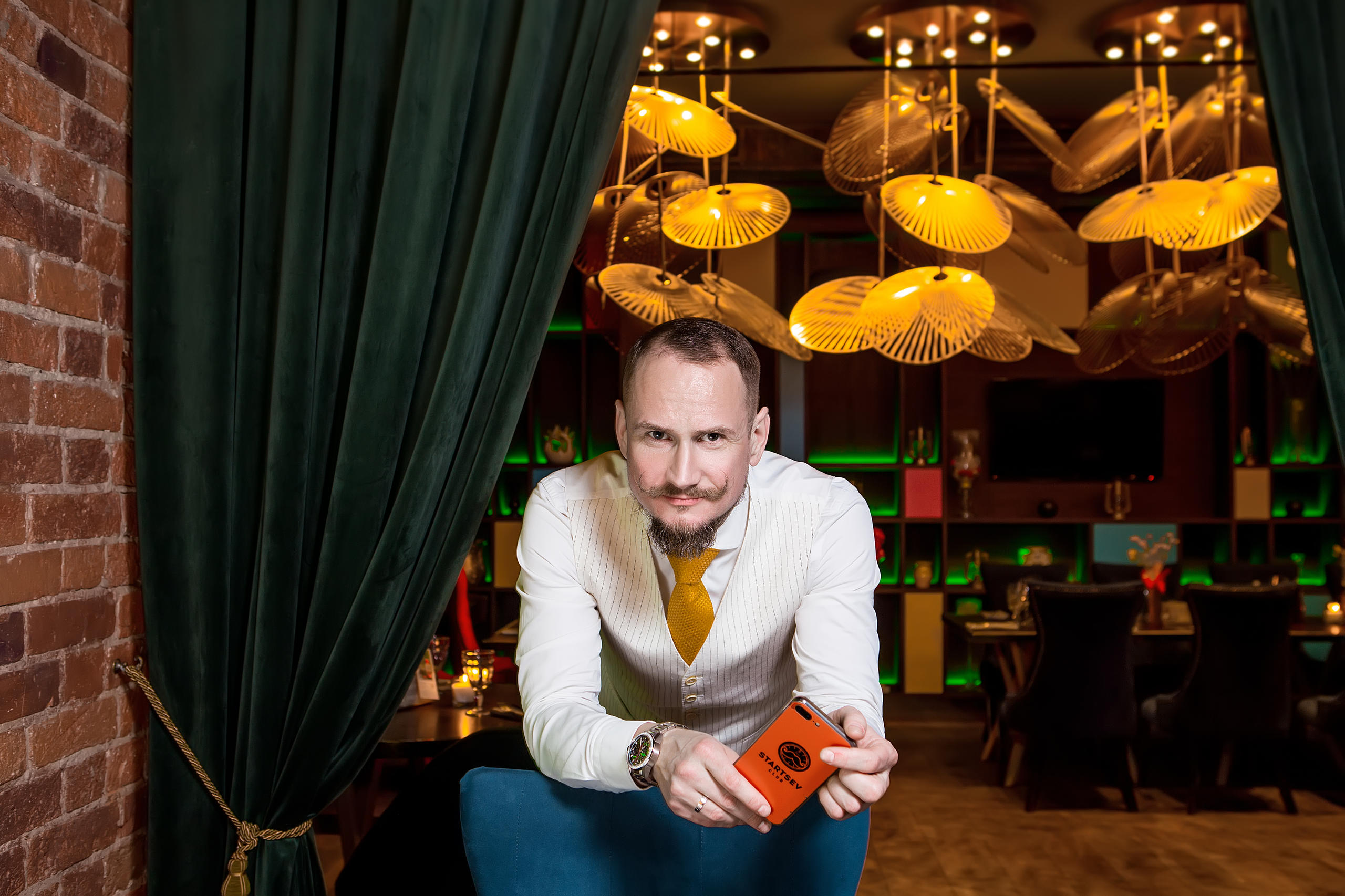
According to the annual reportExternal link of the Federation of the Swiss Watch Industry, exports of wristwatches to Russia increased by 30.5% in 2021 compared to 2019, all before the Covid-19 pandemic. Russia was the 17th largest market in the world for Swiss watches last year, with exports worth CHF260.1 million ($260.1 million), representing an estimated retail value of over half a billion francs.
After adding exports of non-Swiss brands and investment in infrastructure (boutiques, service and personnel), the size of the market is even more impressive. Although Morgan Stanley analysts estimate that sales in Russia for Richemont, Swatch and independent watchmakers only account for 2-3% of their total turnover, the attention paid to the Russian market has been considerable in recent years.
But all of that came to an end on February 24. Since that date, watchmaking companies have refused to deliver watches to Russia. Subsequently, Switzerland adopted European Union sanctions, which include a ban on the export of luxury goods worth more than €300 (CHF292) – meaning a halt to deliveries of a large share of Swiss watch manufacturers’ products.
By March, Rolex – which, according to consumer data platform Statista, accounts for 25% of the Russian luxury watch and jewellery market – had announced the suspension of its deliveries to Russia. Swatch Group (Swatch, Omega, Longines, Tissot, Breguet) and Richemont (Cartier, Van Cleef &Arpels, Vacheron Constantin, Montblanc, Panerai) had already taken that step.
As a result, watch exports to Russia have fallen by 95.6% since February. In August, only 3,149 watches with a total value of CHF229,000 were delivered to Russia. This means that the average price of each watch was CHF73.
Besides the fact that it is now difficult and expensive to buy an upmarket watch in Russia, we can list six other consequences that are not immediately evident, but which are worth keeping in mind in order to understand what lies ahead for the industry and its customers in the years to come.
The official market for Swiss luxury watches will disappear
The most successful retailers, which did good business in peacetime, are selling off their stocks and looking for ways to get around the sanctions. For example, Mercury, the distributor of Patek Philippe, Rolex, Hublot and other top brands, has doubled or even tripled the prices of available models to avoid being left with empty shop windows in the short term. Secondary-market players and pawn shops have also gained a new lease of life, but there is no longer a formal, structured market for luxury watches.
There will be no substitution by imports from countries that have not imposed sanctions on Russia, because Swiss watches, as one would expect, are virtually unchallenged in the luxury sector. Despite the presence of some watchmaking talent in Russia, it is impossible to create a watch brand or manufacturer there within a few short months. Russia has gone from ranking among the 30 largest watch markets in the world to the periphery, with no boutiques, no representative offices and no after-sales service.
Social life in the capital city and support for cultural projects will disappear
Audemars Piguet will no longer support the Bolshoi Theatre or even dedicate a watch model to it – as it did with the limited-edition Bolshoi in the Audemars Piguet Code 11.59 collection. Rolex will no longer be the official timekeeper of the Formula 1 Grand Prix, traditionally held in Sochi in September. After 14 consecutive years, the magnificent classic car rallies set up by the Scheufele family, owners of the Chopard brand, will no longer take place. There will be no museum exhibitions and nothing interesting or unique on display in the boutiques.
There will be no more parties for customers, no more visits by directors, owners or ambassadors of world-famous brands. The level of cultural activity is likely to diminish. Moscow social life may turn into a series of provincial parties reminiscent of the 1990s.
Watchmaking journalism will disappear
Watchmaking journalism, which used to be of a high standard because local journalists were invited to judge international competitions, will also disappear. For example, about ten Russians are members of the Geneva Watchmaking Grand Prix, which is a lot for one market.
The supply of information in Russia about the world’s great watchmaking premieres is likely to dwindle, and all the industry news will be secondary – at best translated and at worst picked up from emerging bloggers who have neither attended international fairs for fine watchmaking nor visited any manufacturers. These bloggers will instead glean their “knowledge” about watches from rap music and Instagram. In the past, national public relations agencies could give big-name agencies a run for their money: but without these high PR standards, we risk going back to where we started 20 years ago.

More
How Russian sanctions are permeating Switzerland’s luxury sanctum
The watch community will disappear
The audience of collectors, watch lovers and boutique customers carefully nurtured by the brands will disappear, and these are primarily very wealthy people from diverse industries. Each of them was worth their weight in gold, but all have quickly disappeared from marketing specialists’ radar.
The high-end commercial real-estate market is under significant threat
Watch shops were largely responsible for the look and feel of Moscow’s main shopping streets, such as Stoleshnikov Lane and Petrovka. Until the end of the year, the brands will retain these premises and continue to pay their Russian employees, so their presence will be felt for some time. But if they leave permanently, these premises will remain empty for an indefinite period of time and, with new owners, they risk losing the chic and glamour of true luxury because there simply won’t be enough luxury brands to fill them.
The market for counterfeit watches will flourish
The risk of stumbling across counterfeits has already increased because, in the absence of official sales channels and services, it will only be possible to obtain a guarantee of authenticity for watches based on an expert examination. There will also be problems with after-sales service. In general, the black market will flourish: watches will be brought into the country on the wrist while the boxes and documents are carried in luggage, as used to be the case in the 1990s. Today it is possible to order a new model from black market dealers who declare themselves ready to deliver the watch of your choice at a 30-50% premium within one or two months.
The watchmaking culture in Russia has not had time to become fully established, and in most cases, watches are just a means to show off one’s social status. Experts who have spent decades acquiring knowledge and experience in the luxury watch market will be forced to turn to other professions. Russian cultural institutions will lose loyal and generous sponsors who previously backed memorable events. The world of luxury magazines in Russia has collapsed, all because the advertisers who until recently were so generous are no longer there. The hope remains that this situation will not last long and that a revival of the Russian market will be around the corner. After all, Swiss watches are loved and worn with pleasure in Russia.
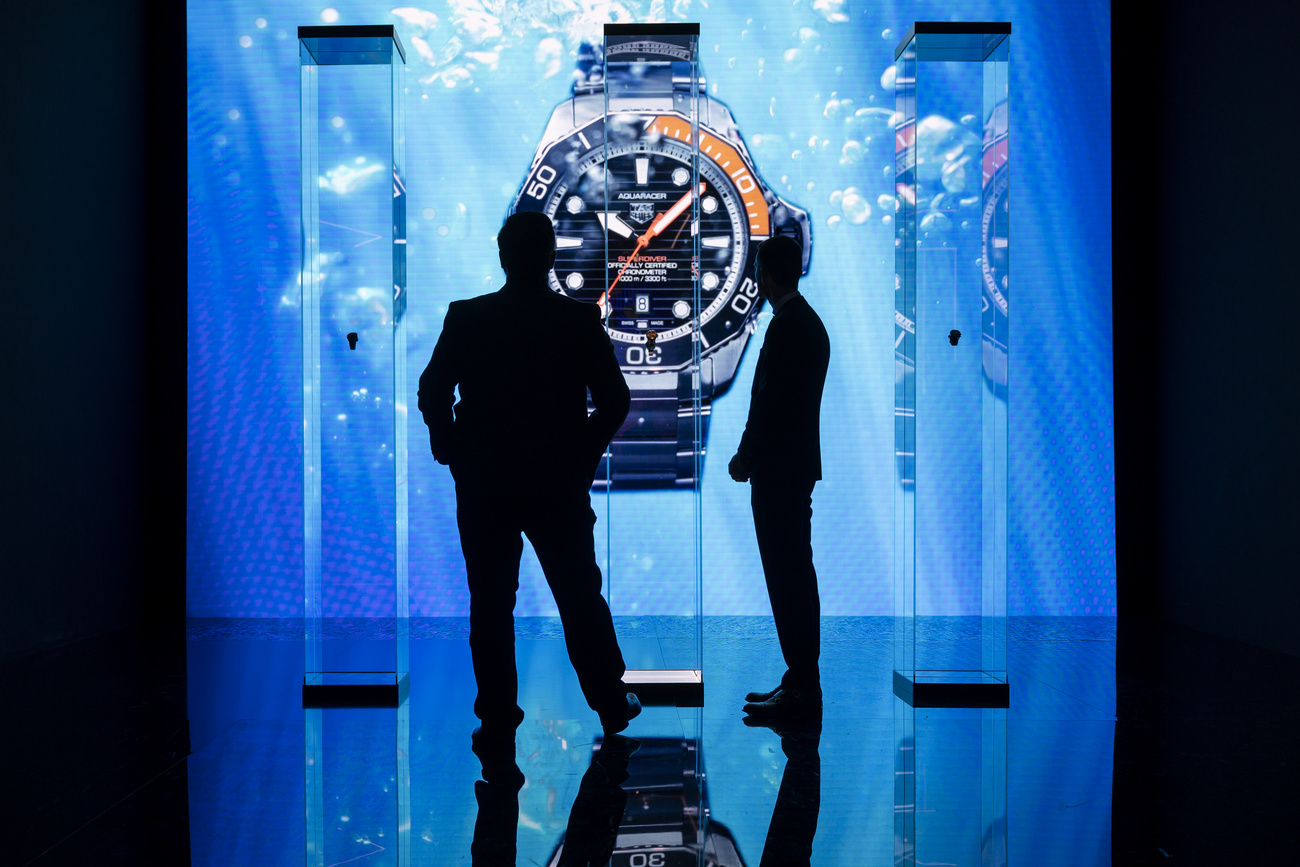
More
Why the future for Swiss watchmakers lies beyond the ultra-luxury market
Putin’s fondness for Swiss watches
After the historic summit between United States President Joe Biden and his Russian counterpart, Vladimir Putin, in Geneva in 2021, the Swiss president presented a Tissot watch worth CHF1,000 each to Biden and Vladimir Putin. The exchange took place away from the cameras, as is protocol, and it is not known whether Putin appreciated the gift and returned the favour.
According to Russian media reports, Putin already has at least 11 luxury models in his watch collection. The president’s range includes watches from five Swiss and one German brand: Blancpain, IWC, Breguet, Patek Philippe, F.P. Journe and Lange & Sohne.
But against the backdrop of sanctions against Russia and the withdrawal of Western companies from the Russian market, Putin is now wearing a Russian-made watch. Journalists spotted the new “Raketa” brand accessory on the leader’s wrist in July 2022.
SWI swissinfo.ch
Edited by Samuel Jaberg. Adapted from French by Catherine Hickley/gw
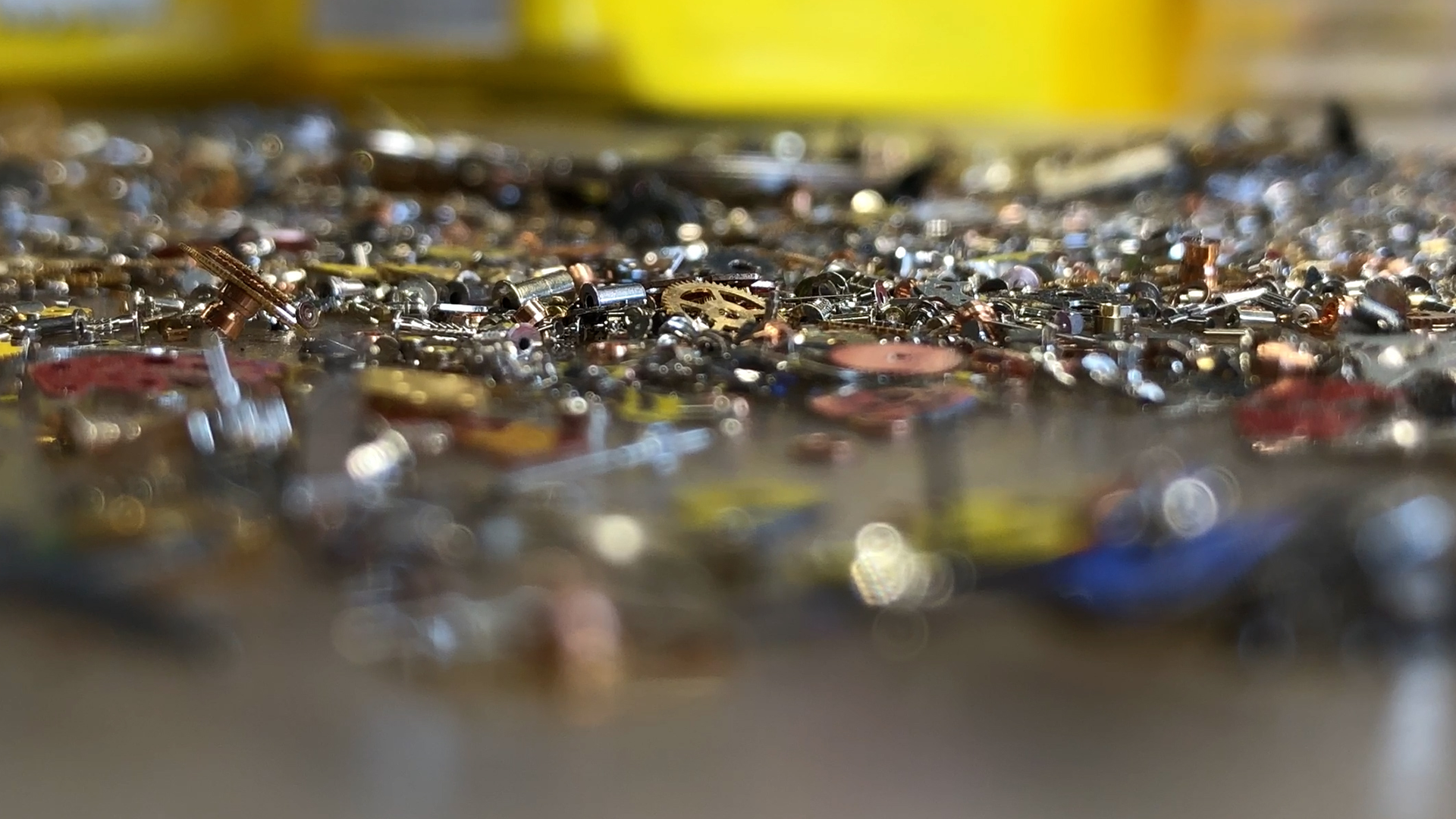
More
Why Swiss watches must become ‘greener’

In compliance with the JTI standards
More: SWI swissinfo.ch certified by the Journalism Trust Initiative








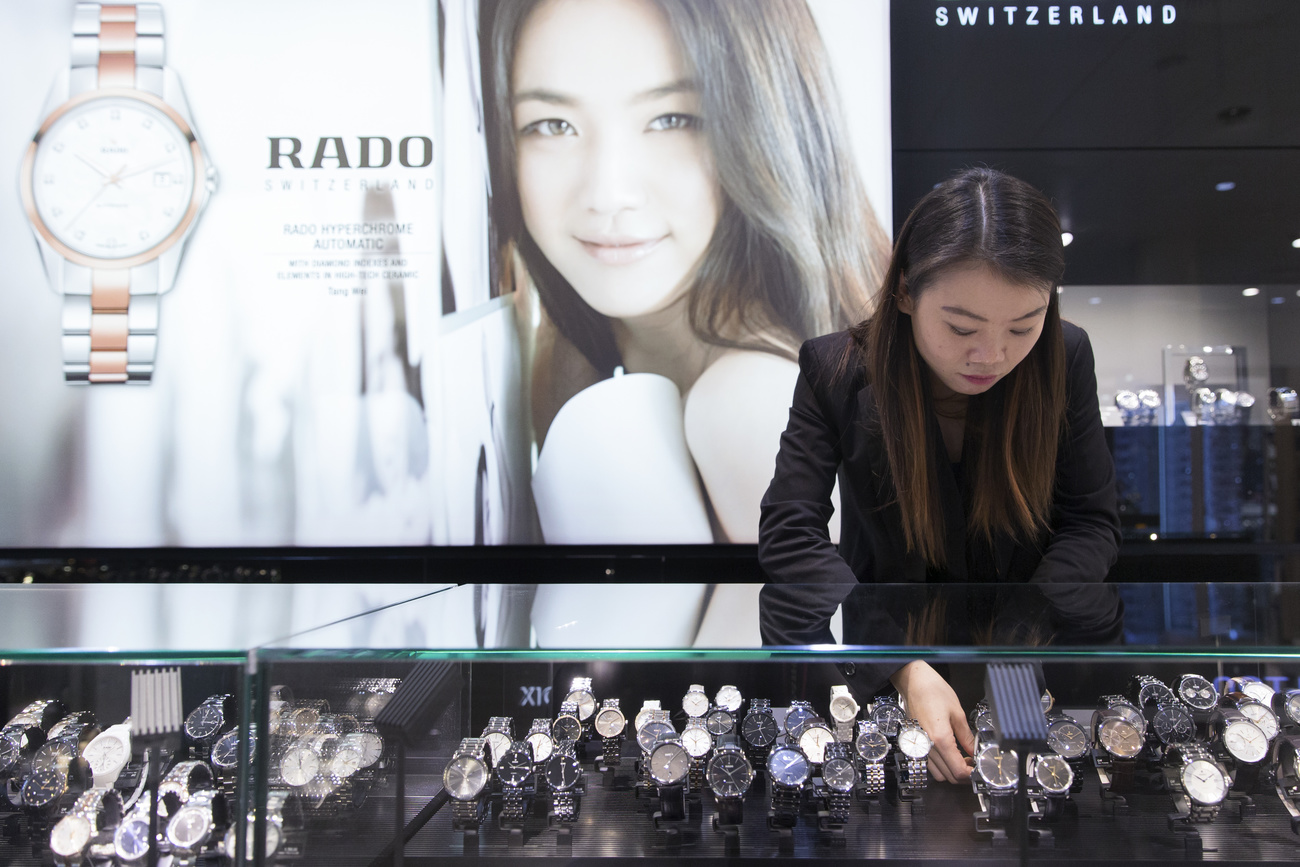

You can find an overview of ongoing debates with our journalists here . Please join us!
If you want to start a conversation about a topic raised in this article or want to report factual errors, email us at english@swissinfo.ch.